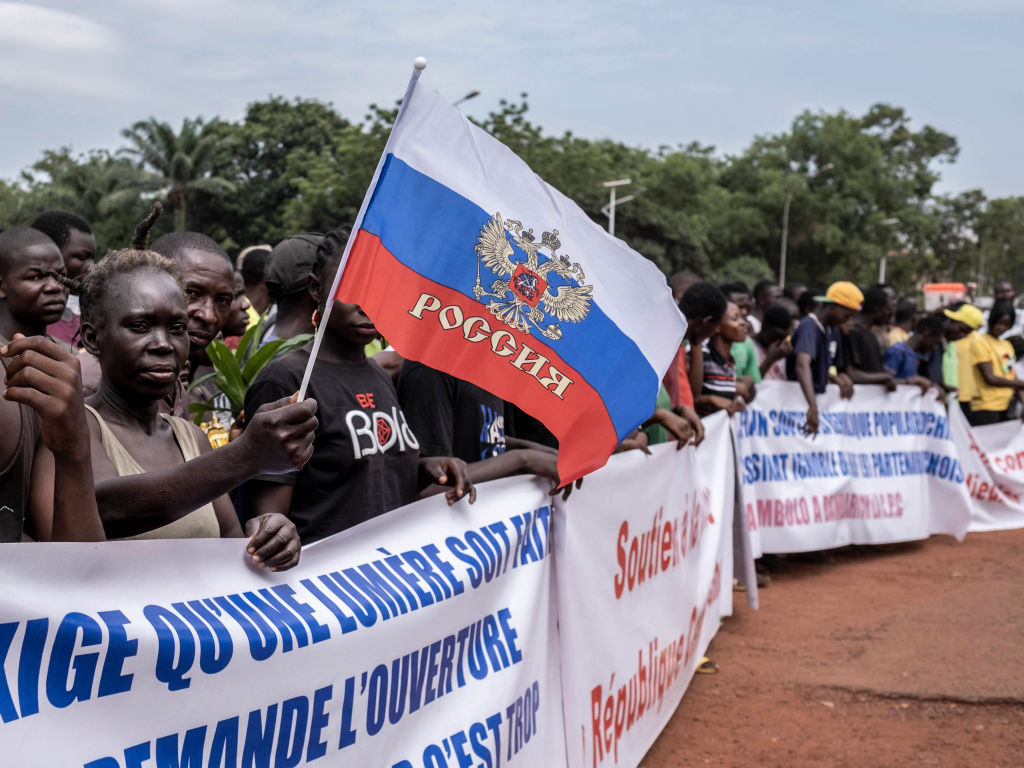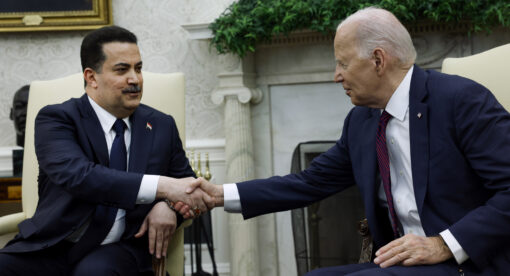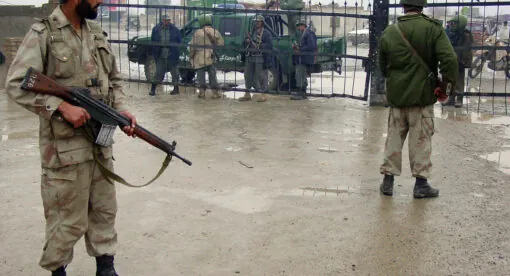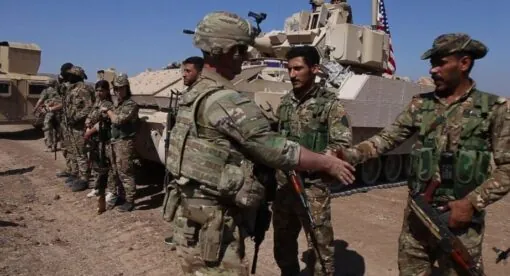Executive Summary
Russian private military company the Wagner Group has been active in more than 20 countries across the Middle East and Africa since as early as 2010, engaging in counterterrorism missions and providing security assistance. However, once in a country, Wagner has been known to exploit natural resources and commit human rights abuses and mass atrocities. Reports from news outlets, Russian media, and open-source intelligence indicate that after a small number of Wagner fighters were pulled from Libya and the Central African Republic to fight in Ukraine – and after taking severe losses in Ukraine – Wagner is refocusing on Africa. The group’s goal is to recoup its financial and personnel losses.
However, Wagner’s future came into question in June 2023 when the group’s leader, Yevgeny Prigozhin, attempted a coup against Russia’s military leadership and is now presumed dead. A redistribution of Wagner’s authority to both Russian military and political elites is likely. However, this does not necessarily mean there will be a consolidation in organizational structure; rather, there could be a decrease in oversight of Wagner contractors, and thus greater chances of increased human rights abuses and exploitation across Africa in the name of profit and expansion of Russian foreign policy.
Key Takeaways
■ The Wagner Group sustained significant financial and personnel losses during the ongoing Russian war in Ukraine. The group refocused on Africa to recoup these losses. This may result in increased human rights violations and exploitation, as there will be a greater profit motive and less oversight of Wagner activities than before.
■ Wagner has created a cyclical market of counterterrorism and security services. The group enters a country, often on contract with a host government, to provide security support, then often commits human rights abuses. This creates resentment among the locals, who then act out against the host government, thus reaffirming the need for Wagner security support.
■ The aftermath of Wagner’s mutiny probably will involve a reorganization of the group’s leadership. This reorganization will likely occur based on Wagner’s established shell companies that exploit natural resources and funnel money to Wagner and Russian oligarchs. These companies, which serve to circumvent sanctions, will probably be given to Russian elites residing in Europe.
Policy Recommendations
■ The United States and its international partners should consider writing new legislation modeled after the 1970 American Racketeer Influenced and Corrupt Organizations Act to increase punitive measures for those participating in Wagner’s financial arm. This would stymie any financial gain for Wagner’s affiliates in Africa, thus disincentivizing their presence there.
■ The U.S. and international community should help strengthen African countries employing Wagner to remove the need for its employment. This should be done at the local, national, and international levels to ensure that all groups affected by Wagner are included in capacity-building measures.
■ Capacity building should include investments in the Economic Community of West African States (ECOWAS) to build economic resilience against food shortages and climate-related events and ultimately build financial independence so these countries can move away from Russian influence.
■ The United States and Europe should strengthen the African Union’s security sector to ensure it is adequately equipped to handle counterterrorism and rebellions as a collective, thus removing the need for countries to employ Wagner and reducing the destabilizing effect of foreign government interference.







